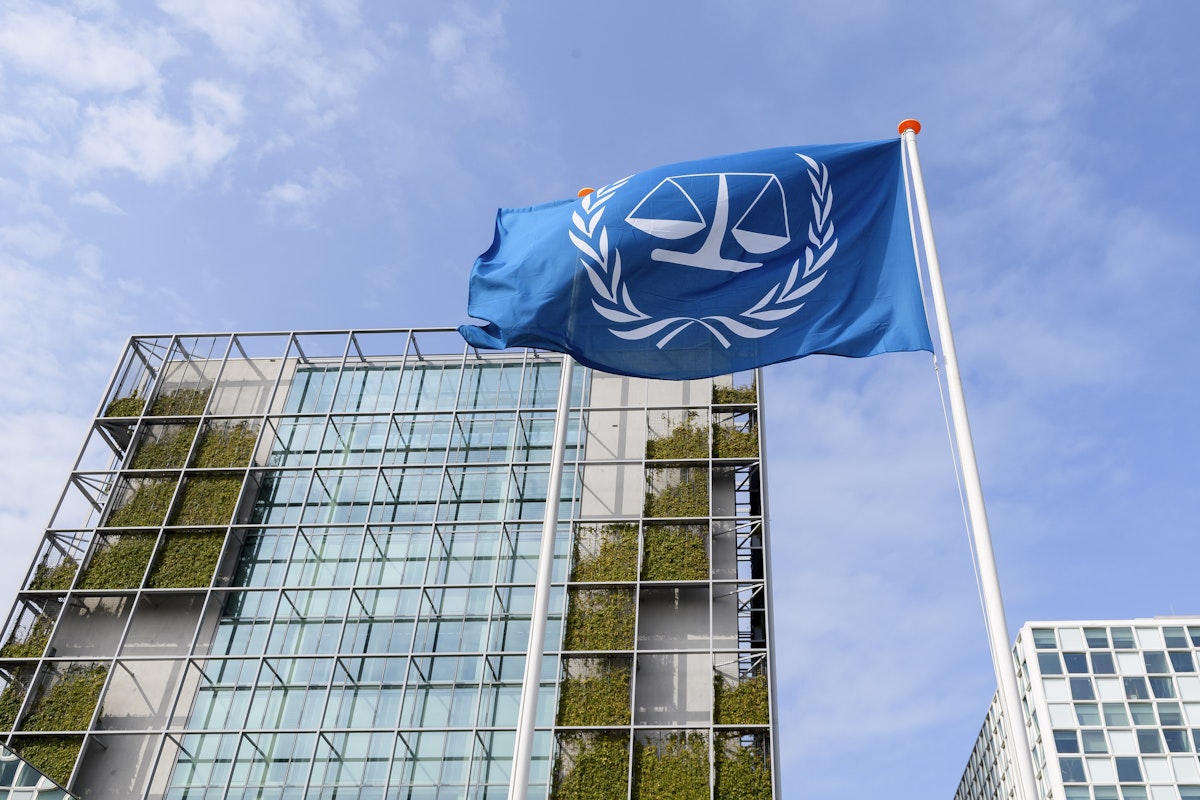
Khan has also warned
Israeli officials that the obstruction of aid is a war crime under the ICC’s
jurisdiction and that the legal burden falls on Israel to demonstrate that
hospitals, mosques, and civilian infrastructure that would normally be off
limits in a time of war had somehow lost their protected status. “Conflict in densely populated areas where fighters are
alleged to be unlawfully embedded in the civilian population is inherently
complex, but international humanitarian law must still apply, and the Israeli
military knows the law that must be applied,” he said.
The ICC prosecutor has a degree of leeway to issue arrest warrants,
and three years since taking the job, Khan has proven to be more audacious than
his predecessors. In March, for example, he unsealed an arrest warrant for
Vladimir Putin on charges related to the systematic kidnapping of Ukrainian
children. Putin is clearly undeterred, but the warrant has not been without
impact. The Russian leader was forced to skip a summit in South Africa in June
amid concerns that South Africa would be obligated to arrest and extradite him
to The Hague.
While we do not know the precise nature of the charges, Khan is very likely to
unseal indictments against Israeli and Hamas officials long before the
International Court of Justice decides the outcome of South Africa v. Israel. Unlike the ICJ, the ICC can be harder to
ignore. Fully 123 countries are members of the ICC. This excludes the United
States, but it includes much of Europe. Indictments against senior Israeli
officials will complicate relations between Israel and members of the ICC, and
the ability of Israeli officials under indictment ever to visit a country that
is a member of the ICC may be circumscribed. Any indictments will be an
albatross around the neck of Israeli officials unless or until they opt to
defend themselves in court.